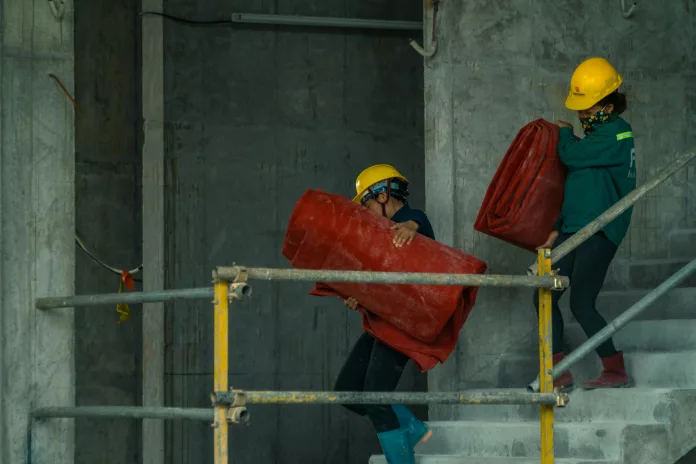The divisive climate surrounding unionization in the United States, especially within the Southern states, has reached a fever pitch. Detractors, primarily on the political right, cast unions nearly as societal menaces, likening them to historical atrocities. This stark view is highly evident as workers at the Volkswagen plant in Chattanooga, Tennessee face a pivotal decision on joining the United Auto Workers (UAW).
The UAW’s Push for a Wider Influence
The UAW, not resting on its recent victories with large automotive manufacturers, is setting its sights on expansive growth. The Southern U.S. has typically been a tough battleground for unions, which can be traced back to the post-WWII era when factories migrated from the North to avoid unionizing labor. These sentiments persist, as demonstrated through strong anti-union statements issued by six Southern state governors. They argue that union ties could deter company investments and ultimately jeopardize jobs.
Backlash Against Unionization Efforts in Chattanooga
Republican leaders in Tennessee have been particularly vocal in resisting unionization attempts, a stance that has only intensified in response to the Chattanooga Volkswagen plant’s upcoming election. It’s worth noting, though, that contrary to the anti-union narrative, unionized factories, such as the GM plant in Spring Hill, Tennessee, have successfully operated for decades. The tension against unions is further fueled by their affiliations with the Democratic Party and the perception that they prioritize political agendas over worker welfare.
The Case for Unionization: Workers’ Rights and Safety
Despite political opposition, the UAW garners support from workers motivated by the pursuit of increased wages, better benefits, and improvements to workplace safety. The past successes of the UAW, highlighted by substantial contracts from strikes, inspire many workers to organize for change. Yet, the debate rages on, with some workers expressing concern about the potential negative impact that unionization could have on job stability.
The Role of the UAW Leadership in Expansion Efforts
UAW President Shawn Fain is at the forefront of a strategic plan to organize workers across Southern and Western factories. This ambitious approach, backed by a significant financial commitment, aims to revitalize the union’s membership numbers. This week’s election at the Chattanooga plant is seen as a critical step in this initiative.
Wider Economic Implications of Unionization
UAW contracts have caught the attention of President Biden, who embraces a vision of improved contracts for all autoworkers, underscoring the political dimension of the issue. Some non-union factories have increased wages, possibly as a measure to forestall the need for union representation—yet aligning with UAW contracts could significantly elevate operational costs.
Unpacking the Cultural Crosscurrents
The intersection of economic fear, industrial strategy, and labor treatment paints a complicated picture of unionization in the South. The historical shift from agrarian to industrial economic models, coupled with environmental and social concerns, plays into Southern states’ resistance to union growth. The deeply entrenched socio-economic hierarchies invoke a stark contrast between the ‘way of life’ narrative and the pressing needs of the modern labor force.
As the vote in Tennessee unfolds, it symbolizes more than a local labor decision; it reflects the ongoing national dialogue on the value and role of labor in American society. The outcome could have far-reaching consequences for workers, the economy, and the broader engagement between labor and capital in the United States.

























